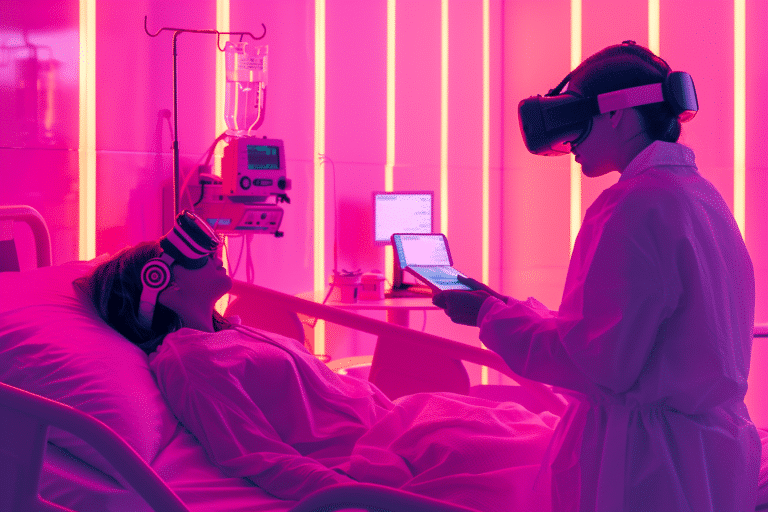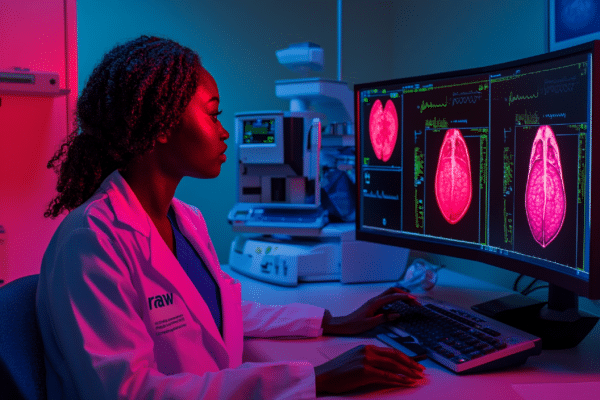The University of Extremadura collaborates with the University Hospital Complex of Cáceres on a pioneering research project in AI and radiology. This initiative aims to develop advanced tools to improve diagnosis and treatment in personalized medicine.
The research work is in the initial development phase and is part of the Complementary Plans of Biotechnology Applied to Health, whose ultimate goal is the development of tools for diagnosis, prognosis, and advanced therapies in personalized medicine. Additionally, this research is being carried out in collaboration with the Robotics and Artificial Vision group at UEx (Robolab).
The medical research group is working on the action line in the BREM cryoME platform applied to personalized medicine. The UEx study was presented at the Conference on Research, Innovation, and Training in Health: Challenges and Strategies in Extremadura, organized by Fundesalud on June 28 at the University Hospital of Badajoz. On the other hand, Robolab researchers at UEx contribute to the development of open-source software based on a neural network and deep learning model that will process and classify radiological images.
Detection and Benefits of the Software
"Artificial Intelligence algorithms will help detect if there is cancer in a breast mammogram, in which region it is located, and characterize its type," explains UEx in a press release. The future advantages of this tool are "significant", notes researcher Pedro Núñez. "In addition to facilitating early diagnosis, our software will allow prioritizing urgent studies, alleviate the workload of radiologists, improve diagnosis time, and reduce patient waiting lists," he points out. Researchers from the Polytechnic School, Pedro Núñez and Pilar Bachiller, are responsible for executing this project, which is in an initial development phase.
Currently, radiologists at the University Hospital Complex of Cáceres are testing the designed software in a public bank of anonymous images. Due to personal data protection regulations, they are waiting for authorization to apply the software to SES patients.
This phase will represent a "very important advance" in the research and consequent benefits for patients, as "it would allow analyzing hundreds of images of people diagnosed with cancer and several thousand without diagnosis. Therefore, we hope that the competent administration will grant authorization soon," states Pedro Núñez.
Funding and Future
The Complementary Plans of Biotechnology Applied to Health are co-financed by the Junta of Extremadura for the implementation of the R&D&I program in the area of Biotechnology applied to Health. This funding is part of Component 17 of the Recovery, Transformation, and Resilience Plan and is financed with funds from the Feder Operational Program Extremadura 2021-2027.
The collaboration between UEx and the University Hospital Complex of Cáceres marks a significant advance in the application of AI and artificial vision technology in the field of personalized medicine, with expectations of significantly improving the diagnosis and treatment of diseases such as cancer.






